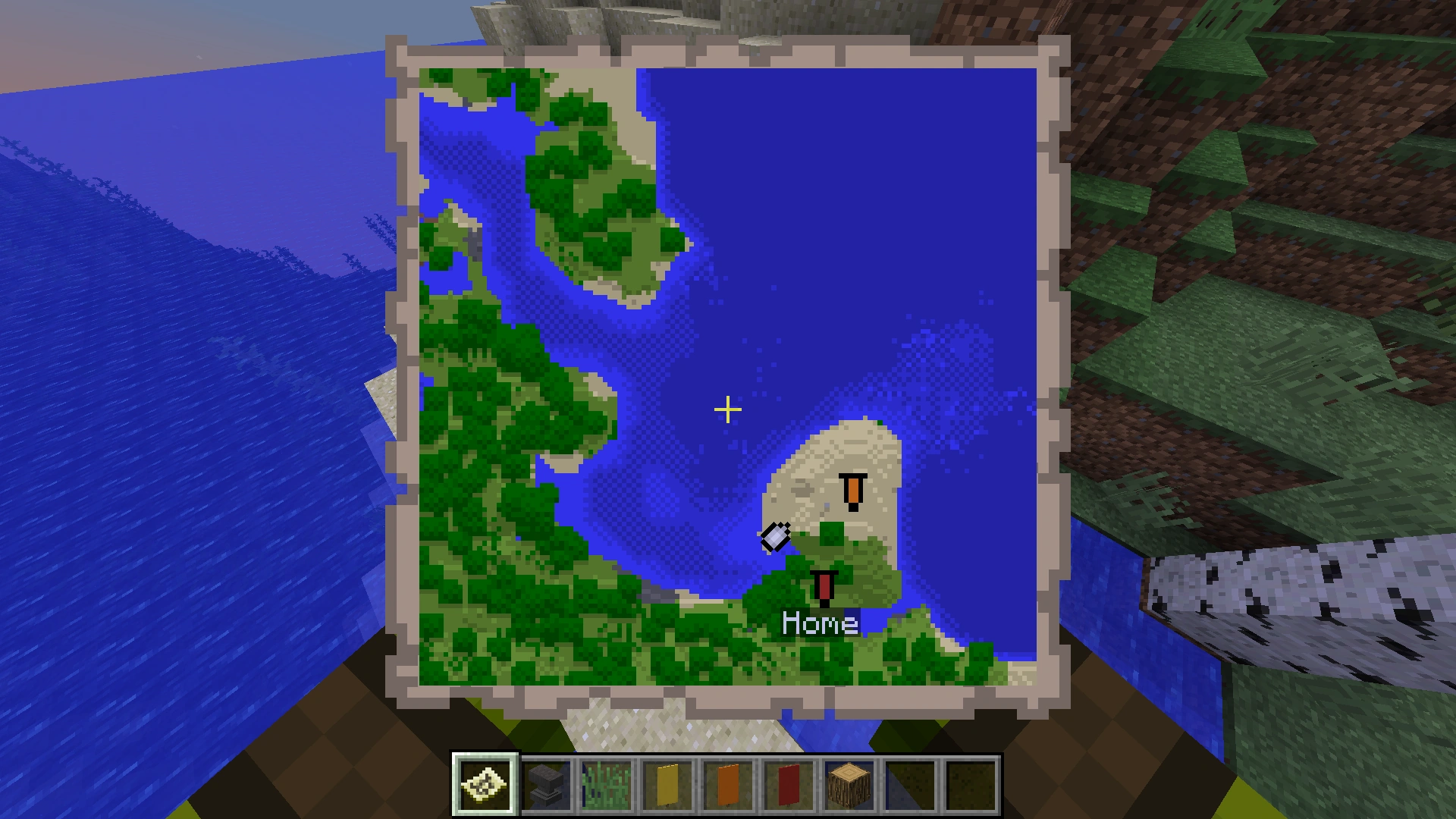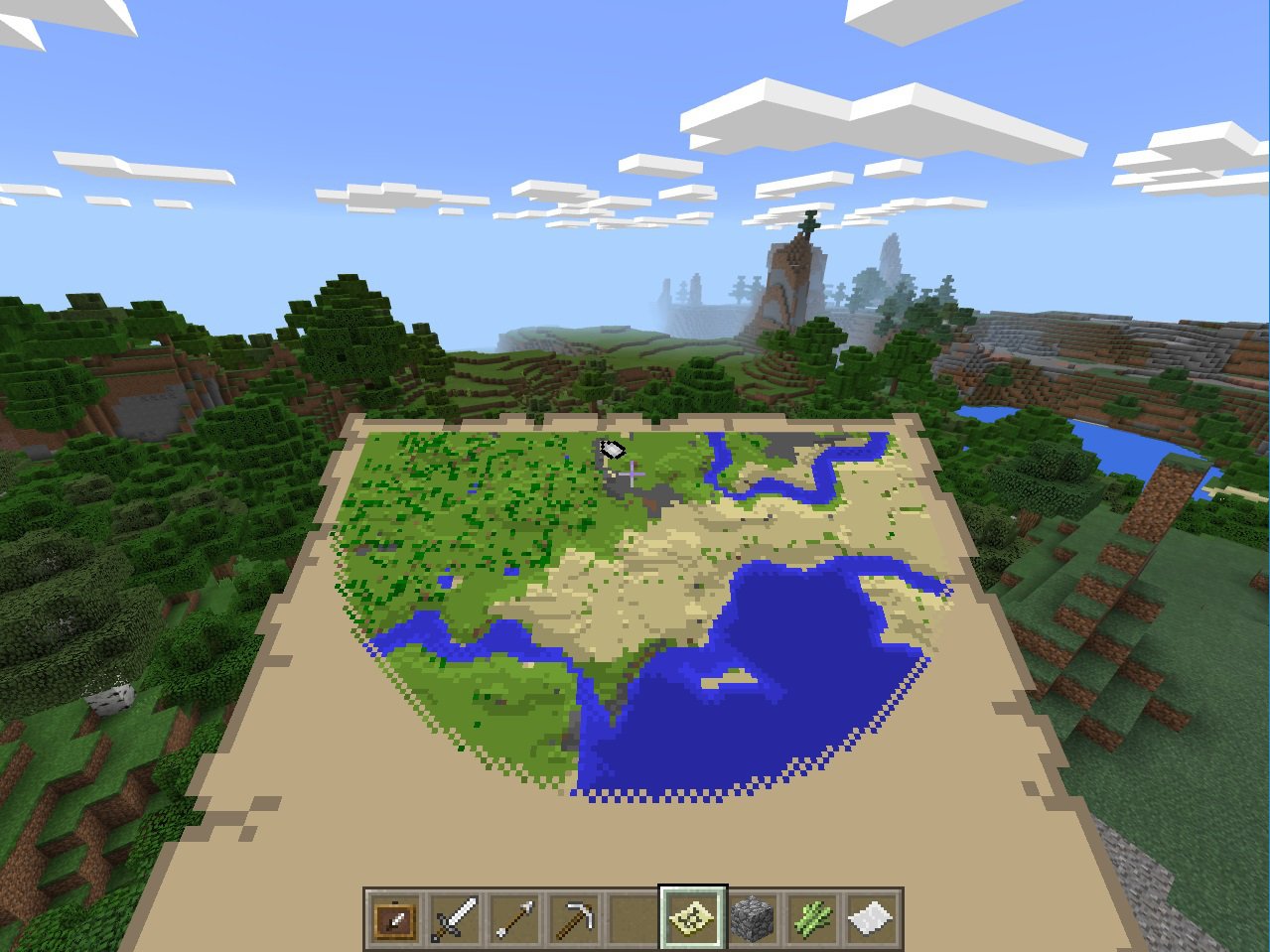Navigating the World of Minecraft: A Comprehensive Guide to Maps and Locators
Related Articles: Navigating the World of Minecraft: A Comprehensive Guide to Maps and Locators
Introduction
In this auspicious occasion, we are delighted to delve into the intriguing topic related to Navigating the World of Minecraft: A Comprehensive Guide to Maps and Locators. Let’s weave interesting information and offer fresh perspectives to the readers.
Table of Content
- 1 Related Articles: Navigating the World of Minecraft: A Comprehensive Guide to Maps and Locators
- 2 Introduction
- 3 Navigating the World of Minecraft: A Comprehensive Guide to Maps and Locators
- 3.1 Maps: Unveiling the World in Detail
- 3.2 Locators: Pinpointing Specific Locations
- 3.3 Understanding the Differences: A Comparative Analysis
- 3.4 When to Use Maps and Locators: A Practical Guide
- 3.5 FAQs: Exploring the nuances of Maps and Locators
- 3.6 Tips for Effective Map and Locator Usage
- 3.7 Conclusion: Navigating Minecraft with Precision
- 4 Closure
Navigating the World of Minecraft: A Comprehensive Guide to Maps and Locators

Minecraft, the open-world sandbox game, is renowned for its vast and procedurally generated landscapes. Exploration is a key aspect of the game, and navigating this ever-changing terrain requires effective tools. Two such tools, maps and locators, play crucial roles in guiding players through their adventures. Understanding the distinctions between these two tools is essential for optimizing exploration and maximizing efficiency in Minecraft.
Maps: Unveiling the World in Detail
Maps in Minecraft serve as detailed representations of the surrounding terrain. They are crafted using paper and a compass, providing players with a visual overview of their environment. Maps offer a comprehensive picture, encompassing not only the land but also features like water bodies, caves, and even structures built by players.
Key Features of Maps:
- Scale and Zoom: Maps can be zoomed in and out, allowing players to focus on specific areas or view the broader landscape.
- Dynamic Updates: As players explore further, the map dynamically updates, revealing new areas and features. This ensures that players always have an up-to-date representation of their surroundings.
- Customizable Markers: Players can place markers on their maps, highlighting specific locations of interest. This is particularly useful for remembering the locations of resources, structures, or points of interest.
- Large Coverage: Maps can encompass vast areas, providing players with a comprehensive overview of their world.
Locators: Pinpointing Specific Locations
Locators, unlike maps, are not comprehensive representations of the terrain. Instead, they serve as markers that pinpoint specific locations on the world map. These markers are generated by interacting with certain blocks, such as beds, and provide a visual reference point for players.
Key Features of Locators:
- Fixed Location: Locators mark a specific point on the world map, offering a fixed reference for players.
- Simple and Efficient: Locators are relatively simple to create and use, making them an efficient tool for marking important locations.
- Limited Scope: Unlike maps, locators do not provide a visual representation of the surrounding terrain. They only mark the specific location they are associated with.
Understanding the Differences: A Comparative Analysis
The key difference between maps and locators lies in their scope and purpose. Maps offer a comprehensive overview of the terrain, while locators pinpoint specific locations.
| Feature | Maps | Locators |
|---|---|---|
| Scope | Comprehensive overview of the terrain | Specific location markers |
| Visual Representation | Detailed depiction of the landscape | No visual representation of terrain |
| Dynamic Updates | Yes, map updates with exploration | No, fixed location markers |
| Customization | Customizable markers | Not customizable |
| Efficiency | More complex to create and use | Simpler and more efficient |
When to Use Maps and Locators: A Practical Guide
The choice between maps and locators depends on the specific needs of the player.
Use Maps when:
- Exploring new areas and gaining a comprehensive understanding of the terrain.
- Navigating complex environments with multiple points of interest.
- Tracking progress and identifying unexplored regions.
- Marking locations for future reference.
Use Locators when:
- Marking specific locations for easy reference, such as a base camp or a valuable resource.
- Quickly identifying a specific point on the world map.
- Avoiding the need to create detailed maps for simple location markers.
FAQs: Exploring the nuances of Maps and Locators
1. Can maps be used to navigate between dimensions?
Maps are dimension-specific. They only represent the world in which they were created. To navigate between dimensions, players will need to create separate maps for each dimension.
2. Can locators be used to mark locations in different dimensions?
Locators, like maps, are dimension-specific. They only mark locations in the dimension in which they were created.
3. Can maps be used to track the location of other players?
Maps do not track the location of other players. They only represent the terrain and any markers placed by the player.
4. Can locators be used to track the location of other players?
Locators do not track the location of other players. They only mark a specific location on the world map.
5. Are maps and locators affected by the in-game time?
Maps and locators are not affected by the in-game time. They retain their information regardless of the time of day or night.
6. Can maps be used to create custom maps for specific purposes?
Yes, players can create custom maps by using markers to highlight specific features or areas of interest. This allows players to create specialized maps for tasks such as resource gathering, exploration, or navigation.
Tips for Effective Map and Locator Usage
- Start Small: Begin with small-scale maps to familiarize yourself with their features and functionality.
- Use Markers Wisely: Place markers strategically to highlight important locations and features.
- Combine Maps and Locators: Utilize both maps and locators for optimal navigation and location marking.
- Backup Your Maps: Ensure you have backups of your maps to prevent data loss.
- Experiment with Different Approaches: Explore different map and locator strategies to find what works best for your playstyle.
Conclusion: Navigating Minecraft with Precision
Maps and locators are essential tools for navigating the vast and ever-changing world of Minecraft. Maps provide comprehensive visual representations of the terrain, while locators offer efficient location markers. By understanding the strengths and limitations of each tool, players can optimize their exploration, navigate effectively, and maximize their efficiency in the game. Whether venturing into uncharted territories or returning to familiar locations, maps and locators provide the guidance and precision necessary for a successful Minecraft adventure.







Closure
Thus, we hope this article has provided valuable insights into Navigating the World of Minecraft: A Comprehensive Guide to Maps and Locators. We thank you for taking the time to read this article. See you in our next article!